This week the proposal of the CineTv community is challenging, how many soundtracks I have in my head since I started my love for movies, I will refer to some that I have always liked and leave out many that also deserve mention in this post of movies: Gone with the Wind, Casablanca, The Wizard of Oz, Kil Bill Volume 1, Hair, Heavy Metal, Jurassic Park...
I look forward to some of my colleagues to comment on these great soundtracks. Here is my small selection:
It is said that Stanley Kubrick, was a fan of classical music, however he had commissioned the prestigious film composer Alex North, (known for his work on Spartacus), the score of 2001: A Space Odyssey, already in the editing of the film decided to discard the music written by North, replacing it with classical music that he had used as markers in the film. Alex North only realized this the day he attended the premiere of the film and was horrified to hear the music of Richard Strauss thundering through the theater.
In 2001: A Space Odyssey (1968), the music functions as a guiding thread of the plot, which manages to catalyze the emotions of the viewers and becomes another character, to the point that Kubrick himself said:
In the 220 minutes of 2001: A Space Odyssey there are only 40 minutes of dialogue. The rest is silence and music.
If Kubrick had not made this decision, we would not have the pleasure of seeing one of the classic openings in cinema most known worldwide, accompanied by the majestic symphonic poem written by Richard Strauss in 1896 Also sprach Zarathustra. The curious thing is that this piece is recognized in the world strictly because it appears in this film.
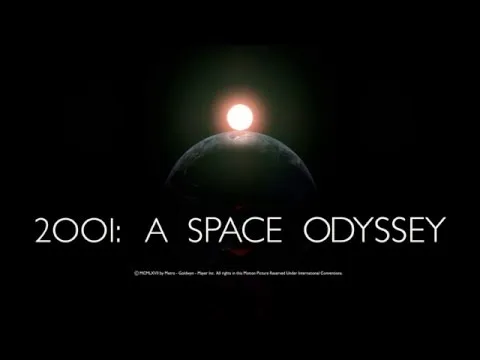
Source
A totally epic opening.
And if that wasn't enough, the genius is presented to us again when Kubrick captures the weightlessness of space in a kind of ballet between spaceships docking at a station to the rhythm of "The Blue Danube" by Johann Strauss.
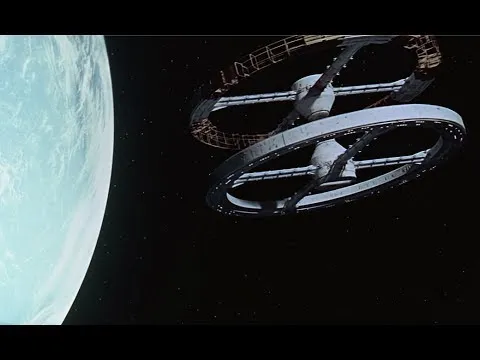
The Good, the Bad and the Ugly from 1966 is the third part of the dollar trilogy after 1964's For a Fistful of Dollars and 1965's Death Had a Price.This film is an extremely popular western and some consider it one of the best of all time despite its long running time of two and a half hours.
The plot is simple, and manages to work as an excuse to develop a series of conflicts starring gunfighters in a desert landscape, a reflection of those lives that can end in a matter of a second.
The blond (the good) and Tuco (the ugly) are two swindlers who take advantage of the rewards given for the delivery of Tuco; the former delivers the latter, collects the money and then, at the time of execution, frees him. The blond decides to break with this society, and so Tuco almost kills his ex-partner when, by pure chance, they discover that there is a great treasure hidden in a cemetery. Together, they must sneak away from Sentencia (the bad guy), who knows about the existence of the money and will do anything to find it.
Sergio Leone with this film revitalizes the western with his own style, with the help of Ennio Morricone, to the point that it is impossible to separate the images from Morricone's music, everything is integrated to perfection, just watch the opening of the film, where Leone does not have to resort to dialogue for many minutes.
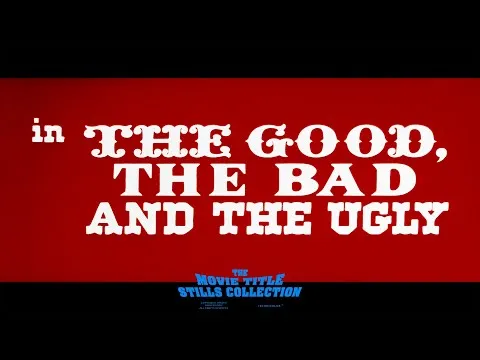
The sequence of the final duel is a prodigy of editing enhanced with a music that makes the hair stand on end, three characters looking at each other, growing tension second by second as we do not know who will shoot who.
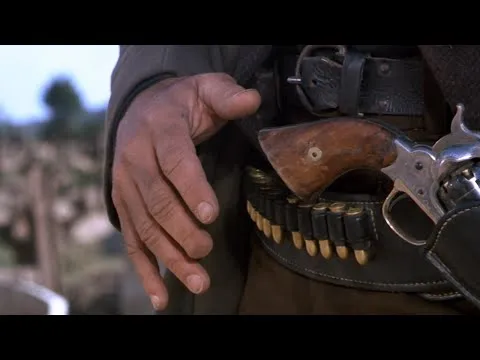
At first, the beloved and hated George Lucas thought of scoring Star Wars (1977), with existing classical music, (the idea sounds familiar), but the great Steven Spielberg introduced him to John Williams. So in late 1976, John Williams received a copy of the film with added fragments of classical music, all in order to be inspired in the construction of the soundtrack, and also suggested to Williams the use of synthesizers. The composer ignored these indications and showed Lucas the opening credits with the symphonic music he had written, Lucas gave up his idea and gave Williams the approval to hire him immediately to create a soundtrack that became one of the most influential in the history of cinema.
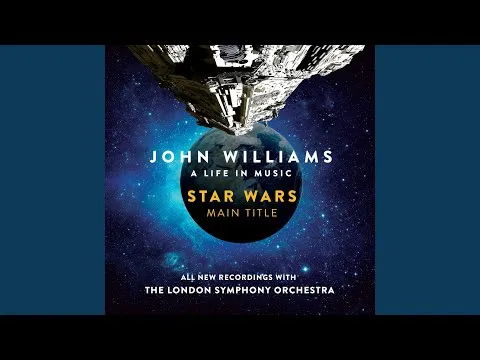
The references to the suite The Planets, by Gustav Holst, are evident and constant, especially the movement Mars, bearer of war, The first scene of the film, comes to use at times very similar chords.
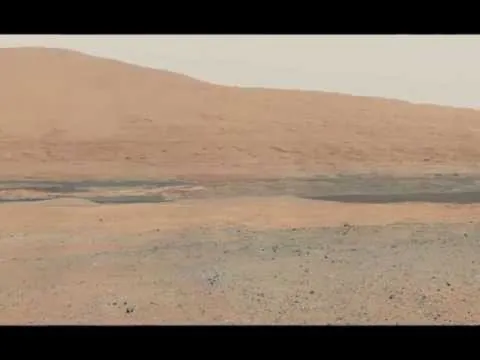
The Imperial March is an indelible piece for fans, and as far as I am concerned it will always be linked with the appearance of Darth Vader, it generates tension and suspense, it is like a mix between the suite of planets mentioned above and Richard Wagner's Ride of the Valkyries.
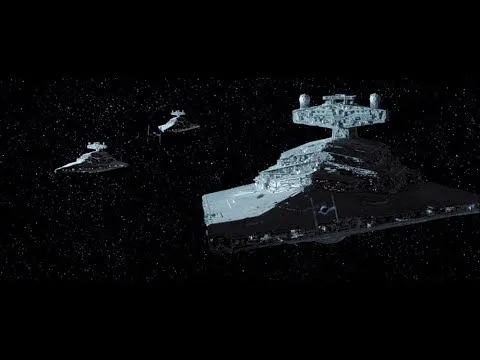
Here is the Ride of the Valkyries:
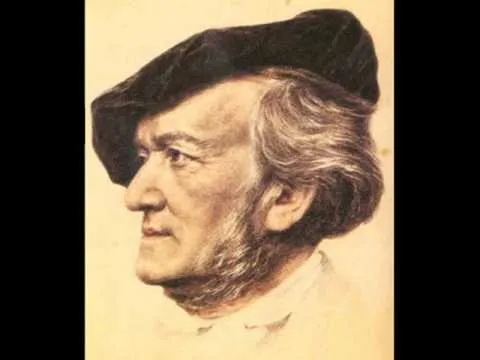
It is noteworthy that this Wagner theme was used by Francis Ford Coppola in his anti-war masterpiece Apocalyspse Now.
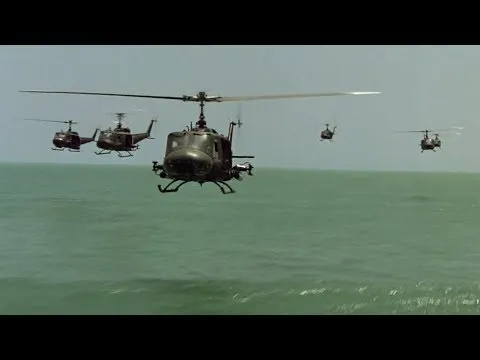
Raiders of the Lost Ark (1981), introduced us to the adventure-seeking archaeologist Indiana Jones. Steven Spielberg joined forces with John Williams and George Lucas to create one of the most important adventure film sagas. And not only on a cinematographic level, but also on a musical level. Henry Walton Jones Jr., also known as Indiana Jones or Indy, is an archaeologist and university professor who undertakes journeys in search of objects of important historical value for humanity. In his adventures he encounters perfidious characters and on this occasion he searches for the Ark of the Covenant.
I name John Williams, again, an excellent creator of soundtracks that in this opportunity returns to compose another iconic work for a film. I highlight within the film the well-known Raiders' March, a theme that many of us have hummed, and that has been present in all the Indiana Jones movies.
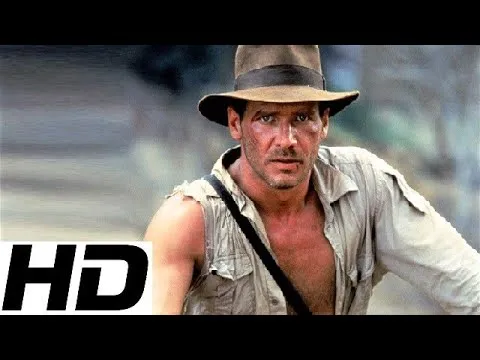
Since the invention of cinema, music has been an integral part of this experience, very necessary to help the narrative of the film, as it helps to express the emotion of the characters, helps to increase the drama in the scenes, moves the story forward, and is even used to deceive the viewer.
If the music of a film is to our liking, it can accompany us in certain moments of our lives. In my case, many times depending on the situation in which I find myself, I hear a theme or a specific song that I relate to my mood.
If we see a scene without music we will notice that it can lose its epic sense, the emotions of the actor are not transmitted to the viewer, here is an example of how Rocky's training would look like without a soundtrack.
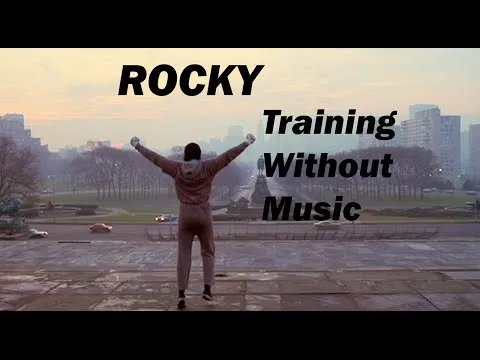
I hope this publication has been entertaining and enjoyable to all readers and has generated interest in listening and enjoying movie soundtracks. I say goodbye until next time, and I get ready with my headphones to enjoy the music of the soundtracks and with my computer to see those great quality publications of my CineTv community.
This is my entry in the Cine TV Contest #27 - Favorite movie score or soundtrack. Link Here
